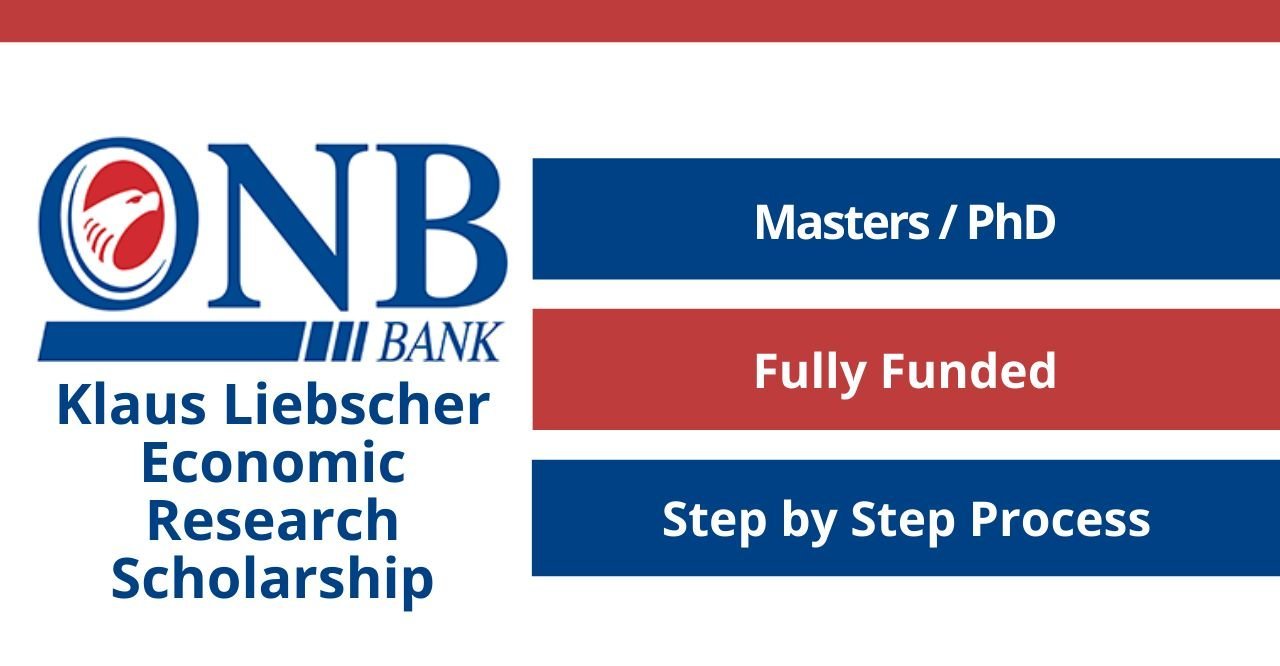The South Africa DAAD-NRF Joint Scholarship Programme 2025 (Fully Funded) is not just another funding opportunity—it’s a transformational gateway for ambitious postgraduate students and researchers who dream of shaping Africa’s future.
This scholarship combines the prestige of DAAD (German Academic Exchange Service) with the academic strength of South Africa’s National Research Foundation (NRF), offering full financial support for doctoral and master’s studies in cutting-edge research areas.
Whether you are from South Africa, the wider African continent, or an international scholar with a passion for contributing to African development, this program can change your academic and professional destiny.
Description
The DAAD-NRF Joint Scholarship Programme is a prestigious funding initiative that supports postgraduate training in South Africa, with a focus on areas of high relevance for national development. The programme aims to strengthen university staff development and meet the public sector demand for academically trained professionals. Jointly funded by the German Academic Exchange Service (DAAD) and the National Research Foundation (NRF), this scholarship provides financial assistance for South African nationals and permanent residents pursuing a Master’s or PhD degree.
Degree Level
-
Master’s Degree
-
PhD Degree
Available Subjects
The programme supports studies in any field that has strong relevance to South Africa’s national development priorities. Specific disciplines are not restricted, but applicants must demonstrate the societal or developmental importance of their research area.
Eligible Nationalities
-
South African nationals
-
South African permanent residents
Female applicants are strongly encouraged to apply
What Is the South Africa DAAD-NRF Joint Scholarship Programme 2025 (Fully Funded)?
The South Africa DAAD-NRF Joint Scholarship Programme 2025 (Fully Funded) is a collaborative scholarship initiative aimed at supporting postgraduate students who want to conduct research in South Africa, often in partnership with German universities or research institutions.
Key Goals:
- Strengthen academic cooperation between South Africa and Germany.
- Support high-quality research aligned with South Africa’s strategic priorities.
- Provide scholars with the resources to focus on impactful studies without financial stress.
Benefits of the South Africa DAAD-NRF Joint Scholarship Programme 2025 (Fully Funded)
Applying for this scholarship means you’re not just securing funding—you’re joining a network of academic excellence.
| Benefit | Details |
|---|---|
| Full Tuition Coverage | All academic fees paid in full for the duration of your program. |
| Monthly Living Allowance | Stipend to cover rent, food, and personal expenses. |
| Research Costs | Funding for lab materials, data collection, and fieldwork. |
| Health Insurance | Comprehensive coverage during the study period. |
| Travel Allowance | For conferences, workshops, or collaboration in Germany. |
| Networking Opportunities | Access to DAAD’s global alumni and NRF’s national research community. |
💡 Tip: These benefits make it easier for scholars to focus solely on research without juggling multiple jobs.
Eligibility Criteria for the South Africa DAAD-NRF Joint Scholarship Programme 2025 (Fully Funded)
To qualify for the South Africa DAAD-NRF Joint Scholarship Programme 2025 (Fully Funded), applicants must meet both academic and program-specific requirements.
Academic Requirements:
- A completed Master’s degree for PhD applications.
- A strong academic record with distinction in relevant courses.
Nationality & Residency:
- Open to South African citizens and permanent residents.
- International students conducting research in South Africa are also considered under specific categories.
Research Alignment:
- Proposed research must align with NRF’s strategic research themes, such as climate change, renewable energy, health sciences, AI, or sustainable agriculture.
How to Apply for the South Africa DAAD-NRF Joint Scholarship Programme 2025 (Fully Funded)
The application process is straightforward but highly competitive, so preparation is crucial.
Step-by-Step Guide:
- Review Eligibility – Confirm you meet the academic and residency requirements.
- Prepare Documents – This includes transcripts, CV, research proposal, supervisor support letter, and reference letters.
- Apply Online – Submit via the NRF’s online application system.
- Select DAAD Co-Funding Option – Ensure you check the DAAD-NRF joint funding box.
- Submit Before Deadline – Late applications are not considered.
📌 For complete instructions, check the official DAAD South Africa website.
Application Procedure
-
Check the Call for Applications: The annual call is published on the NRF website from June.
-
NRF website: www.nrf.ac.za/bursaries/calls
-
DAAD South Africa: www.daad.org.za/nrf
-
-
Prepare Your Documents: Applicants should update their CV and prepare all supporting documentation according to NRF guidelines.
-
Submit Online: Applications must be submitted via the NRF Connect Online Submissions System: https://nrfconnect.nrf.ac.za
Applications submitted outside this system will not be considered. -
Institutional Screening: Applications are screened and validated by the applicant’s institution before submission to NRF.
-
Selection Process: A joint panel of university professors and representatives from NRF and DAAD will review applications.
-
Notification: Successful candidates will be informed directly by the NRF.
Why the South Africa DAAD-NRF Joint Scholarship Programme 2025 Matters for Canada and the USA
Canada and the USA have a growing interest in African research partnerships, especially in climate resilience, public health, and renewable energy.
Reasons They Should Pay Attention:
- Collaborative Research Potential: Partnerships with South African universities create joint publications and patents that benefit global academia.
- Economic Development: Scholars trained under this program contribute to African economies, creating new trade and investment opportunities for North America.
- Diversity in Academia: Encourages cultural and intellectual exchange, enriching Canadian and American campuses with African perspectives.
Pain Points This Scholarship Solves
Many African students face barriers that prevent them from pursuing research:
- High tuition fees in top-tier programs.
- Limited funding for research materials.
- Lack of international exposure to leading academic networks.
The South Africa DAAD-NRF Joint Scholarship Programme 2025 (Fully Funded) addresses these pain points by removing financial burdens, offering international research exposure, and opening doors to collaborative work with Germany.
How to Stand Out When Applying
Competition is fierce, so here’s how to make your application shine:
- Craft a Strong Research Proposal: Highlight the problem, why it matters, and your proposed solution.
- Secure an Experienced Supervisor: Having a mentor with a strong publication record boosts your chances.
- Show International Relevance: Explain how your research benefits South Africa, Africa, and the global community.
Final Thoughts – Why You Should Apply Now
The South Africa DAAD-NRF Joint Scholarship Programme 2025 (Fully Funded) is more than financial aid—it’s a launchpad for world-class research and career advancement.
If you have big ideas, a passion for research, and a desire to make an impact, this is your chance to join a global network of change-makers.
📢 Don’t wait—prepare your documents, refine your proposal, and submit your application before the deadline!
FAQs
1. Is this scholarship open to master’s students?
No, it’s primarily for doctoral students, though certain research-based master’s programs may be considered.
2. Can I apply if I’m currently studying in South Africa?
Yes, if your research aligns with NRF priorities and you meet eligibility requirements.
3. Does it cover travel to Germany?
Yes, for approved research collaborations and academic exchanges.
4. Is there an age limit?
Generally under 32 for PhD applicants, but exceptions exist for exceptional candidates.
5. Can I apply from outside Africa?
Yes, but your research must take place in South Africa and meet program criteria.



